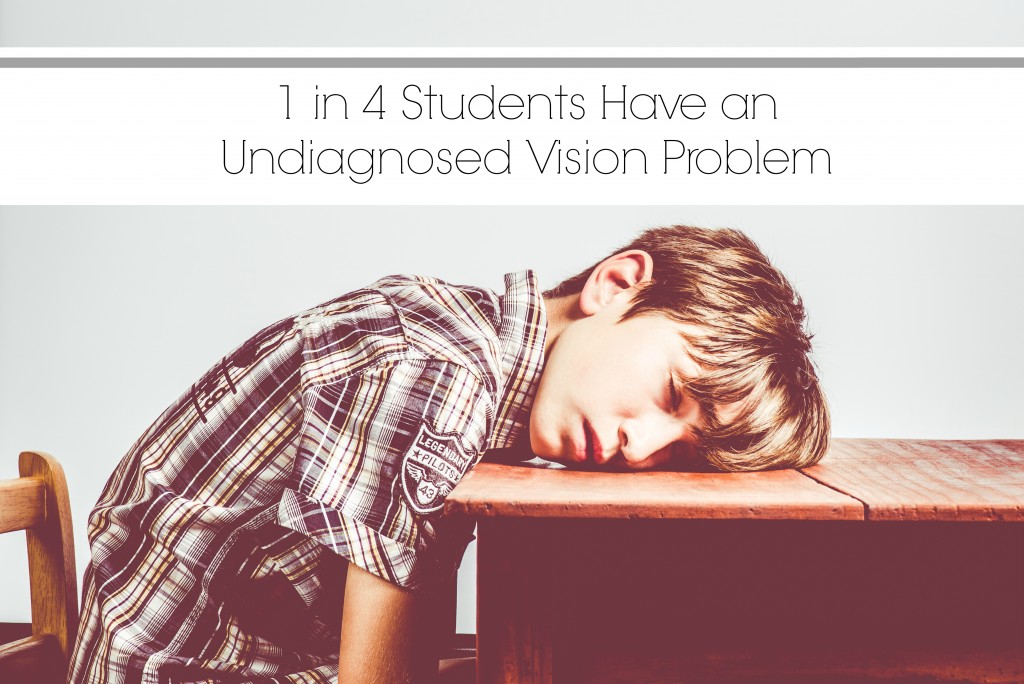It’s About More Than Getting By
We get through life by adapting. It’s what we do – all of us – in order to survive.
Take the Cape Ground Squirrel, with it’s enormous bushy tail. You might think that a lot of extra fur would be incredibly hot in South Africa, but the squirrel uses that huge tail much like an umbrella, popping it up over his head to shade himself from the harsh desert sun. Voila! Instant cabana. The squirrel might still be living in the dessert, but he’s found a way to get by with a little shade.
Many of us found ways – often just as creative – of getting by in school. Instead of popping our tails into the air, many of us kept our hands down and our heads low, hoping we wouldn’t be called on in the classroom. Maybe we sat really close to the chalkboard in order to see the words, or maybe we moved as far back as possible and made a big show of caring more about practical jokes than any learning we were supposed to be doing. Are you one of the many adults that made it through school by making do and adapting in order to survive?
If you’re one of those now-adults who sat in the back of class, passing notes and playing pranks, you may have been labeled as having Attention Deficit Hyperactivity Disorder (ADHD). While that is definitely a possibility, undetected and untreated vision problems can result in the very same symptoms attributed to ADHD. Vision problems do not typically resolve on their own, so if those issues were undiagnosed and untreated when you were a kid, you are probably still experiencing those problems, creating workarounds for getting by, still shading yourself from scrutiny with a modification that keeps you in the shade.
Those in the back of the room weren’t the only ones in school hiding under umbrellas. But rather than avoiding hard work, some students expended incredible energy to mask any learning difficulties they were experiencing with reading, comprehension, or in other areas.
If you struggled with up close work, you may have experienced Convergence Insufficiency (CI). CI is a common and often overlooked visual issue. With CI, reading and up close work become quite difficult as the eyes tend to drift outward and double vision often results. In order to avoid seeing double, you have to work a lot harder to force your eyes to turn back in. That extra effort can result in a host of symptoms, such as:
- Headache
- Eye strain
- Blurred Vision
- Loss of Concentration
- Dizziness
- Disorientation
With CI, getting by involves working harder to try and keep your eyes focused, but you may have also found other ways to adapt, such as avoiding reading or other near visual work, or attempting to do the work anyway (but with a lowered level of comprehension or efficiency). You may have also experienced discomfort, fatigue, and a short attention span.
Again, visual problems don’t spontaneously improve, and in fact, generally get worse over time. If you made it through school by adapting, creating an umbrella to shade you from a problem, you’re probably still experiencing those same problems – you’re still in the desert and it’s still hot, but you’re getting by. It’s estimated that 1 in 4 school-aged children have undiagnosed vision problems – could you have been one of them?
If you find yourself nodding along, or perhaps working hard to keep your eyes focused on these very words so they don’t blur or double, you would probably benefit from seeking help from a behavioral optometrist, someone who can create a plan of vision therapy for you. The eyes may not fix themselves, but they can be trained.
80% of the information that our brains process comes from what our eyes take in. If your eyes aren’t working as well as they could, you’re missing out – in a big way! And there’s something you can do about it. Today. There’s more to life than getting by!
For visual Skill Builders to help with binocular skills, eye teaming, convergence, tracking, near focus, and more, check out my PuzzleArt Therapy shop!
Alli Berman is a Brain Fitness expert and the Eye Brain Fitness Guru. She has been an artist, author, educator, creativity consultant, workshop leader, perceptual and sensory products and programs developer, and motivational speaker for the past 30+ years. Berman has served as an educational advisor to the American Academy for Anti-Aging Medicine for over 30 years, and she is the founder of The Art of Rehabilitation and Anti-Aging Art. She created the PuzzleArt Therapy System in collaboration with behavioral optometrist, Susan Fisher, OD, and through consultation with neuroscientists around the world. Berman uses the system herself on a daily basis to keep her own brain as healthy, engaged, and challenged as possible!

